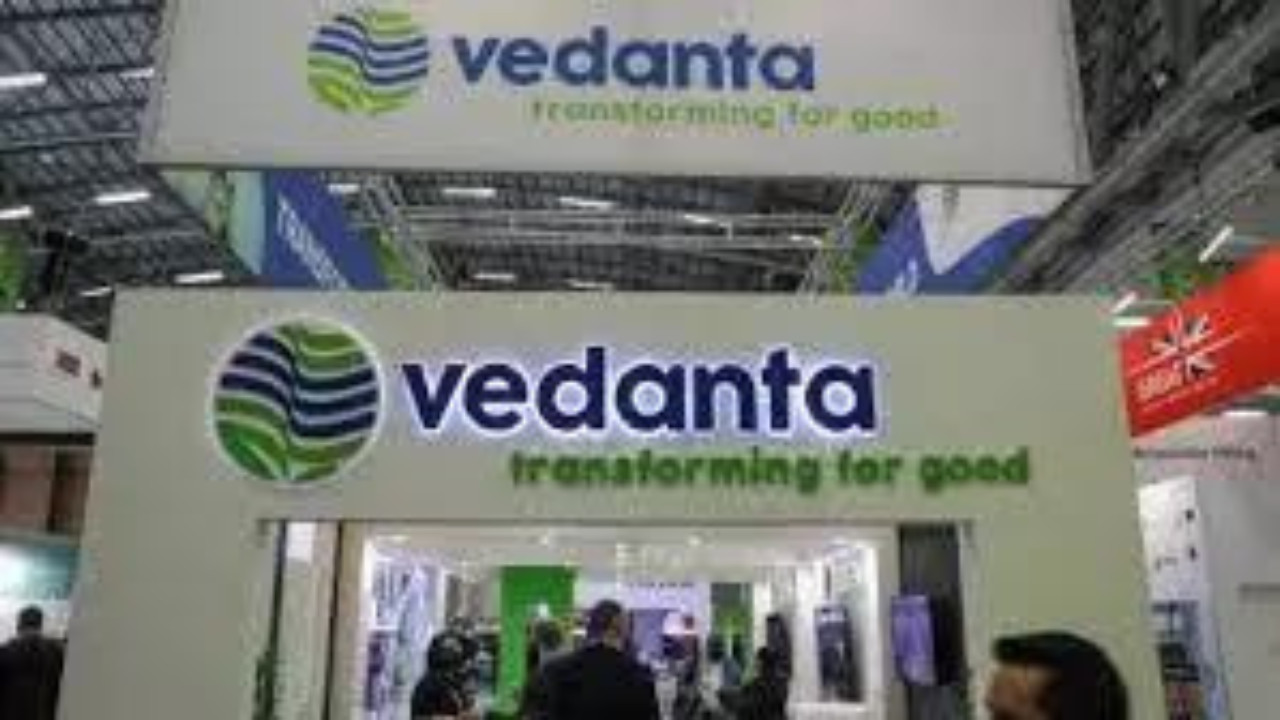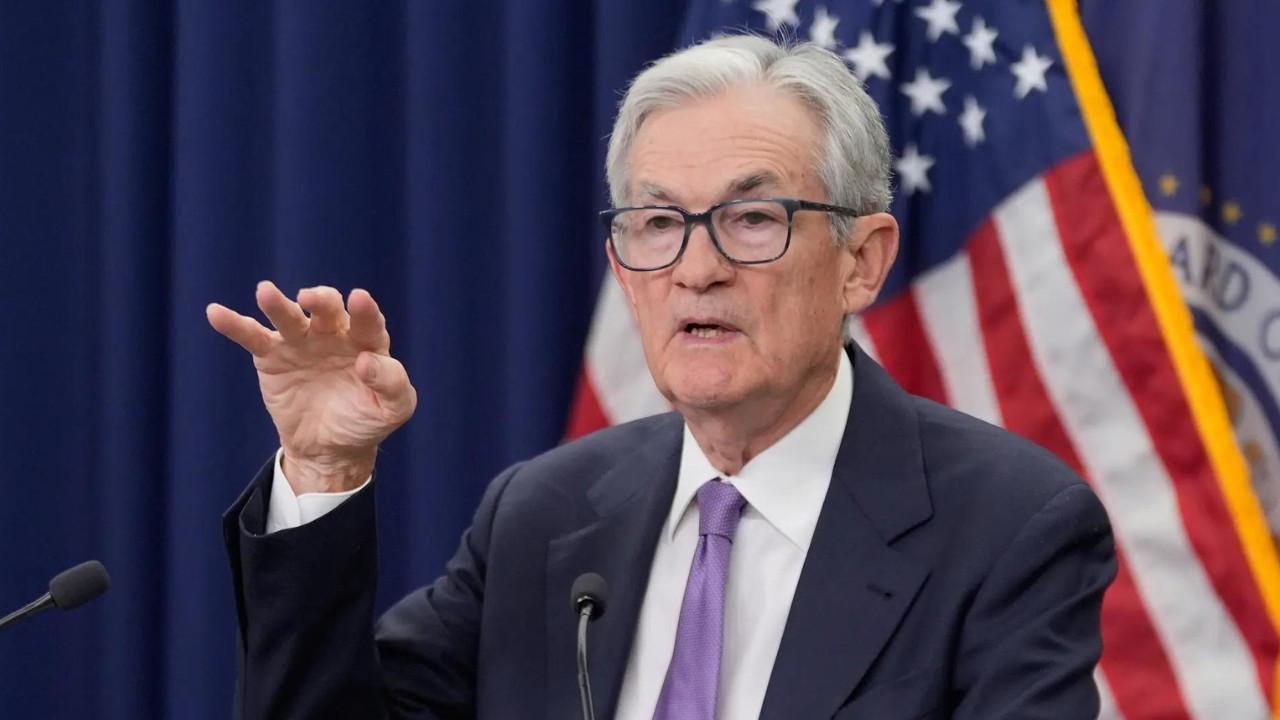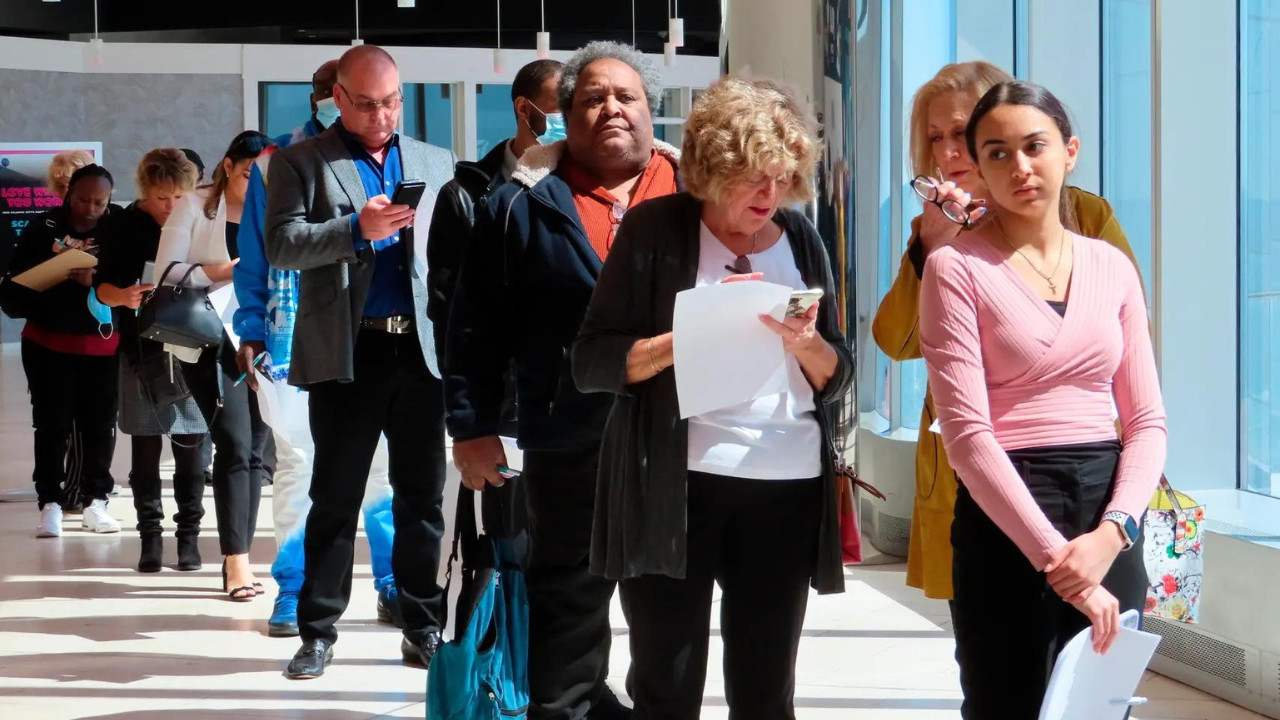Vedanta’s Demerger Drama: A Stay of Execution… For Now?
Vedanta. The name alone conjures images of towering smelters, sprawling mining operations, and the sometimes-tumultuous world of commodity markets. Lately, that world’s been a bit more tumultuous for the Indian conglomerate, especially concerning its ambitious demerger plan.
Remember that plan? The one where Vedanta was going to split into six distinct, publicly listed entities? It was a bold move, touted as unlocking significant value for shareholders by allowing each vertical – aluminum, oil & gas, power, steel & ferrous, base metals, and even a dedicated incubator arm – to shine individually and attract specialized investors. Essentially, breaking up the band so each member can pursue their own solo career.
Well, that plan hit a bit of a snag, didn’t it?
The Mumbai bench of the National Company Law Tribunal (NCLT) dropped a bit of a bombshell, initially putting the brakes on the demerger. Their concern? Primarily surrounding Vedanta’s debt obligations and the potential impact on creditors if the assets were split apart. The fear was that dividing the company would dilute responsibility, leaving lenders holding the bag. Understandable, right? Imagine loaning money to a powerhouse only to find out it’s suddenly become a handful of independent startups, each with its own balance sheet and challenges.
But hold on… the story doesn’t end there. Enter the National Company Law Appellate Tribunal (NCLAT), the appellate body overseeing the NCLT. They’ve just stepped in and, for now, have stayed the NCLT’s order. In layman’s terms? They’ve pressed pause on the pause button.
So, what does this actually mean? It means Vedanta’s demerger hopes aren’t entirely dashed. The NCLAT’s stay provides a crucial window of opportunity for the company to argue its case, to demonstrate that its demerger plan is indeed creditor-friendly and designed to enhance, not jeopardize, their positions.
Think of it like this: Vedanta is getting a second chance to convince the court – and, by extension, its creditors – that splitting the company isn’t a risky gamble, but a well-thought-out strategy that benefits everyone involved.
Now, this stay isn’t a free pass. The NCLAT has laid down some specific conditions. Vedanta needs to actively pursue approvals from its creditors regarding the demerger. This isn’t just a formality; it’s about showing that those who have a financial stake in the company are on board with the plan. The NCLAT wants to see concrete evidence that Vedanta has addressed the concerns raised by the NCLT regarding debt and creditor protection.
And that’s where things get interesting. Getting unanimous (or at least overwhelmingly positive) approval from a diverse group of creditors, each with their own risk profiles and investment horizons, is a significant hurdle. It requires meticulous planning, transparent communication, and, let’s be honest, some skillful negotiation.
Vedanta will likely need to present a robust case, detailing exactly how the demerger will improve the financial health of each individual entity and, more importantly, how it will safeguard the interests of its lenders. This might involve outlining debt servicing strategies, ring-fencing assets, or providing additional guarantees.
The demerger, if it ultimately goes through, promises to reshape Vedanta significantly. The rationale, as I mentioned earlier, is sound. Each of the six proposed companies could attract specialist investors who are specifically interested in, say, the aluminum market or the oil and gas sector, without being diluted by the performance of other divisions. This could lead to higher valuations and greater access to capital for each entity.
But the path forward is still shrouded in uncertainty. The NCLAT’s stay is temporary, and the ball is now firmly in Vedanta’s court. They need to demonstrate, beyond any reasonable doubt, that their demerger plan is not only good for shareholders but also responsible and sustainable for all stakeholders, especially its creditors.
Will they succeed in navigating this complex legal and financial landscape? It’s a high-stakes game, and the outcome will have significant implications, not just for Vedanta, but for the broader Indian corporate landscape.
For now, the demerger drama continues. Popcorn, anyone?
📬 Stay informed — follow us for more insightful updates!







